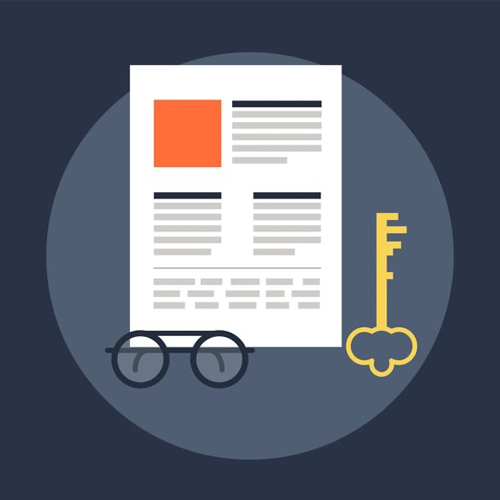Loving, A. M. (2013). Alcohol Use and Misuse among American Indians: Applying a Modified Historical Trauma Model (Doctoral dissertation).
Abstract
Although Native Americans are commonly associated with alcohol misuse, little is known about stressors or coping mechanisms that may influence alcohol use patterns. Using Wave 2 of the National Epidemiologic Survey of Alcohol and Related Conditions (NESARC), a nationally representative data set, I examine patterns of drinking status, frequency and actual consumption of specific alcoholic beverage preference, and binge drinking. To better explain these relationships, I will investigate the influence of stressors and coping mechanisms in the context of a modified historical trauma model. Stressors include adverse childhood experiences, family dysfunction during childhood, receiving welfare as a child, having an alcoholic biological parent, and perceived racial discrimination. Coping mechanisms such as high ethnic identification, preference for other Native American peers, preference for using a native language, level of social support, and social network size are also examined. While there is some evidence certain stressors increase the risk of being a current drinker relative to lifetime abstainers, the modified trauma model is limited in its ability to explain American Indian drinking behavior.

